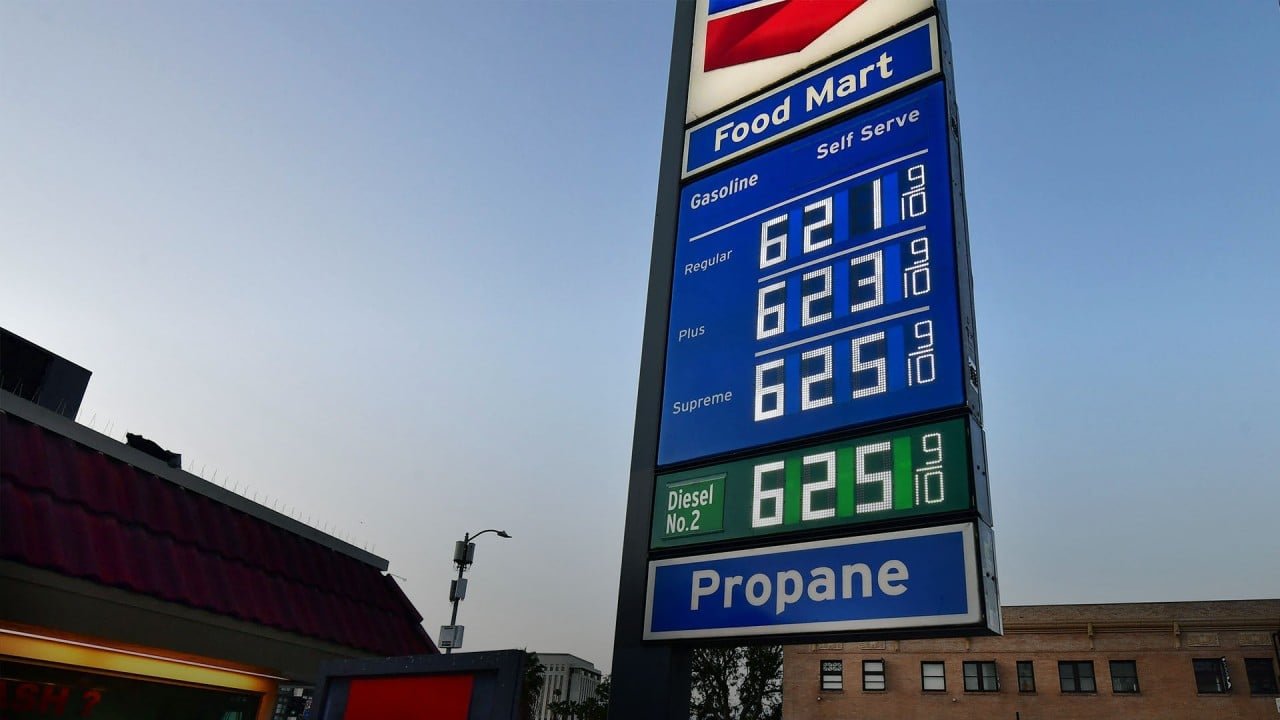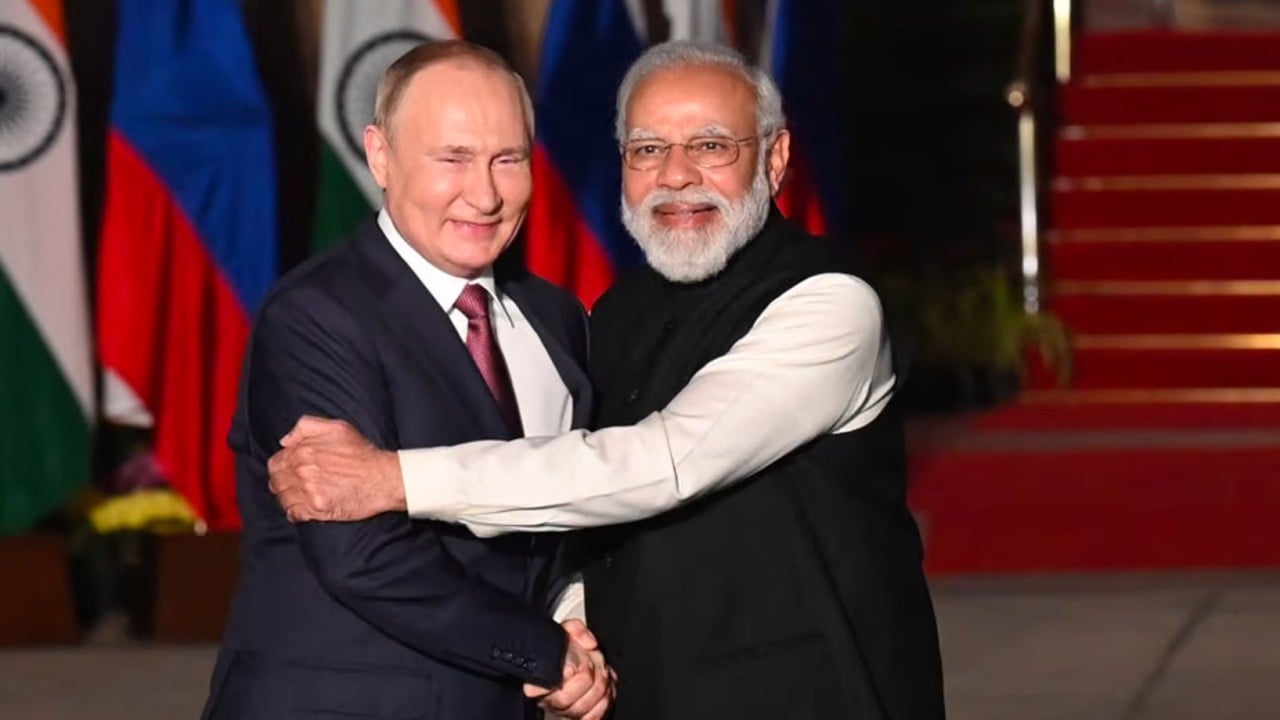
What decentralised finance can teach the world of business and geopolitics
- The crises stemming from the Covid-19 pandemic and Russia’s invasion of Ukraine show the world is sorely in need of greater resilience
- Balancing decentralisation with authority is becoming critical for success in new models of investment, business continuity and national security
A global paradigm shift towards decentralisation is under way. What started in the world of finance is becoming increasingly relevant to how businesses become more resilient as well as to the broader world of geopolitics.
Major investment firms are taking this so seriously that Fidelity, which has more than US$4 trillion in assets under management, is allowing customers to deposit bitcoin into their retirement accounts. Major international exchanges offer spot and futures exchange-traded cryptocurrency funds.
Lending and trading platforms outside the traditional finance sector are beginning to gain more traction. This is something traditional banks and brokerages have noticed with increasing alarm and interest.
That reliance is an unintended consequence of traditional cost-benefit analysis where risk is weighed against the likelihood of an adverse event happening – low chance means little reason to change. Few analysts would have rated a Russian-provoked war in Europe high in their analyses.
The problem was inertia, and it continues to be so. Once connected, supply chains become increasingly difficult to change. In this case, the path of least resistance runs straight into a disaster.
Boardrooms will need to start holding corporate executives accountable to more than the demands of shareholders and profits but also for the longer-term viability of the business itself. That means a sober accounting of just how dependent their businesses have become. It also requires putting a monetary value on diversified sourcing.
At the geopolitical level, the world is also moving towards decentralisation. Gone are the days of empires which ruled vast swathes of physical territory, forcing the conquered to pay fealty to those that ruled from afar.
The same goes for India’s dependence on Russian weapons. Rather than diversify with better-made but more expensive European or US-made systems, New Delhi has stuck with what it has done for decades and relied on Russia.
Other areas also benefit from some centralised authority. Fighting dangerous drugs, counterfeiting and human trafficking require coordination. Enforcing aircraft and food safety standards benefit the public good.
Nations still need to defend their borders, though some modern militaries have decentralised a measure of decision-making to troops on the ground who better understand the wartime conditions they are facing. Even some weapons systems are becoming more autonomous, though the ethical and pragmatic considerations of this development have yet to be fully explored.
Nevertheless, appropriately balancing decentralisation with authority when warranted is becoming a critical feature for success in new models of investment, business continuity and national security. While this new paradigm is not a panacea for all that ails society, it is becoming a core feature for resiliency.
Brian P. Klein is founder of RidgePoint | Global, a strategic advisory firm. He is a former US diplomat



